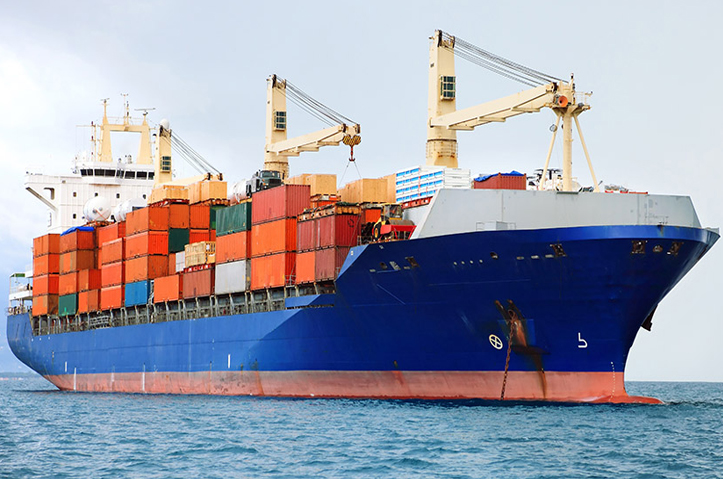
ocean-freight
Trading between UK and Africa is quite important after Brexit
Cargo dates back to history, indicating that it was intended for cargo ships, but as time went on and cargo volume increased, shipment now contained all kinds of cargo. It includes land cargo, rail cargo or sea cargo, air cargo or other types of trucks, van, or intermodal container.
Besides, perishable items are also included in the consignment. Freight is the flow of goods from the previously mentioned routes. It should be clarified here that containers are reusable to reduce load units or cargo, especially by shipping lines and cargo operators.
Similarly, aircraft ULD boxes are another form of cargo in air cargo. Empty containers during shipment are called a load, while containers filled with cargo are called containerized cargo.
Air Cargo Sector
Air flight treats all passengers with extra luggage, which is an efficient and fast mode. As a result, countless companies are engaged in their cargo business with built-in dynamics and modus operandi. Air Cargo to Africa offers the best option for shipping your cargo. Many services such as door to door service, extra luggage, packaging, customs clearance are provided.
It is important to note here that limited lifetime items, including medicines, are shipped by air cargo, while other things that do not have such restrictions are booked by sea cargo and shipped to destinations far off the coast of Africa.
The main business in operation is automobiles, pharmaceuticals, and consumer goods. Both governments have taken a firm stance on exploring new frontiers. The UK attaches great importance to expanding trade towards this potential continent, a vital part of the UK economy through imports and exports.
Therefore active trade relations and logistics on international and domestic trade are of significant importance to both countries. Now as a result of Brexit, the UK is free to trade at its convenience and benefits.
New policies and legal frameworks are being finalized for the practical business operations of logistics. Accordingly, customs and other departments are being created for the new laws so that the cargo industry can get maximum revenue and increase facilities for the concerned partners.
Sea cargo for bulk
In general, by this mode, all goods shipped by air cargo are hefty and unmanageable. To do this, the cargo is first packed in boxes and loaded into a container to be transported to African ports. After completing the formal process from here, the freight will be shipped to the desired destinations booked.
Both the UK and Africa have good friendly relations between the government and the public level. On the one hand, there were some takeovers in the past, but now there is no such problem and business is relaxed.
However, the cargo flows through all the countries of the African continent, including western Ethiopia to Mauritania. South Africa is a major trading centre on the African continent.
Despite these difficulties and limitations, cargo to Africa from UK is growing with price and quantum as demand for much-needed equipment in industrial and manufacturing activities.
Less infrastructure for freight in Africa
As in some countries such as Africa, Ethiopia is a vast continent with communities suffering from poverty and lacks freight infrastructure. The condition of access roads and commercial centres in remote areas is a bitter truth in this context, which needs to be improved.
While the distribution of goods is currently limited to certain areas, this situation can be attributed to the fact that it is difficult to touch other weak points.
Better infrastructure can reduce cargo rates, which will lead to economic growth in the region. It is not an argument that most African countries lag far behind in improving infrastructure and related components.






